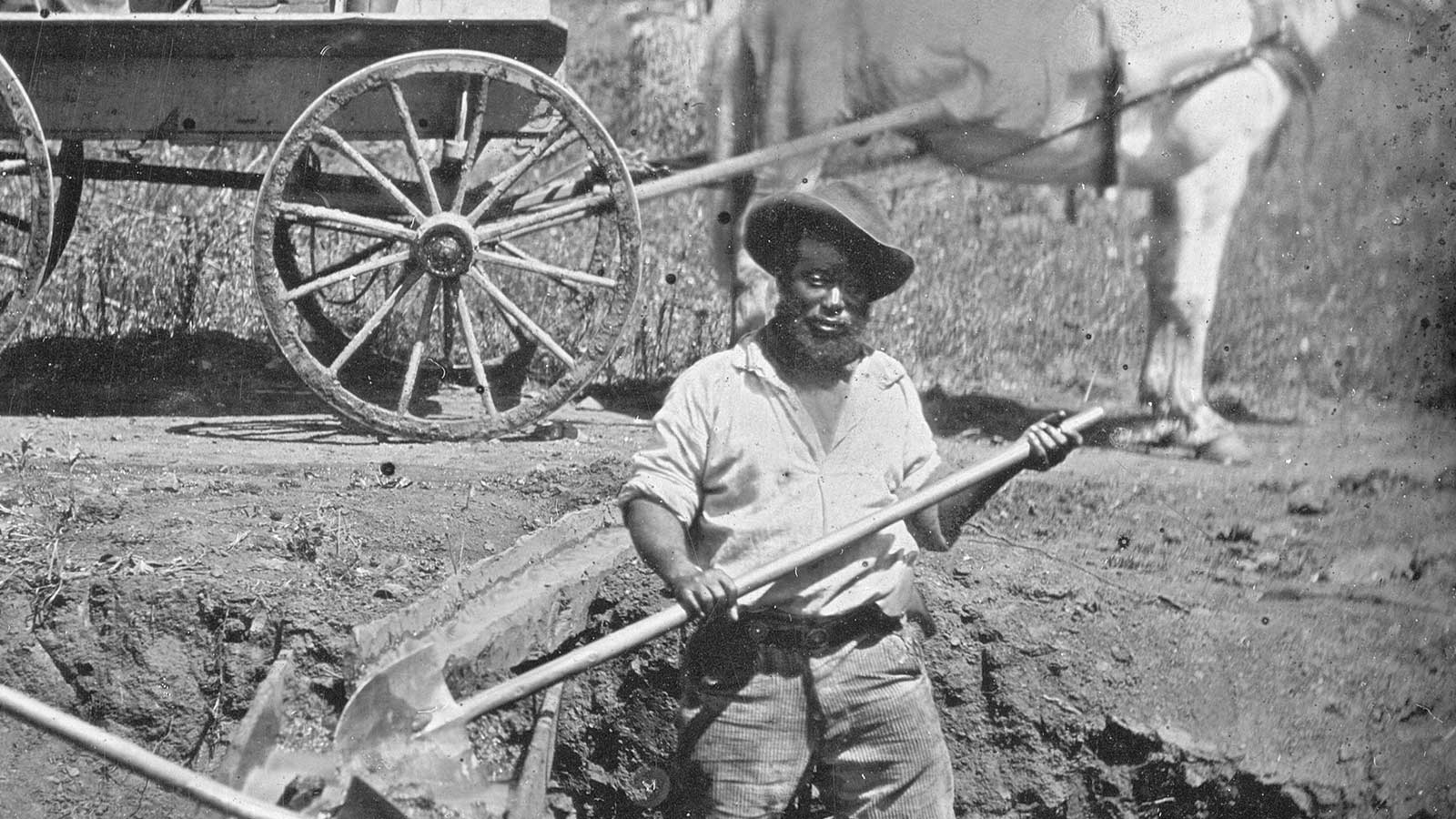By Oluwadamilola Animashaun, Stanford Center for Racial Justice —
In a move hailed as a major step for racial justice and the documentation of history, the Task Force to Study and Develop Reparation Proposals for African Americans submitted its interim report to the California Legislature earlier this month.
At nearly 500 pages, the first-in-the-country report is mandated by law to suggest suitable “remedies of compensation, rehabilitation, and restitution for African Americans with special consideration for descendants of persons enslaved in the United States.”
The Task Force, which consists of nine appointed members, has three primary goals: to study and develop reparation proposals for African Americans; to recommend appropriate ways to educate the California public of the Task Force’s findings; and to recommend appropriate remedies in consideration of the Task Force’s findings. It was established under Assembly Bill 3121 (S. Weber) in 2020.
The interim report begins with a general overview of the American system of slavery and racism, as well as its broader and continuing impact on the African American population. The Task Force identifies a series of “government actions and the compounding harms that have resulted,” organized into 12 specific areas of “systemic discrimination:” Enslavement; Racial Terror; Political Disenfranchisement; Housing Segregation; Separate and Unequal Education; Racism in Environment and Infrastructure; Pathologizing the Black Family; Control Over Creative Cultural and Intellectual Life; Stolen Labor and Hindered Opportunity; An Unjust Legal System; Mental and Physical Harm and Neglect; and The Wealth Gap.
Its overall assessment: African Americans and their communities have suffered (and are still suffering) greatly as a result of the construction and maintenance of white supremacist laws, practices, and acts. “So thoroughly have the effects of slavery infected every aspect of American society over the last 400 years,” the report says, “that it is nearly impossible to identify every badge and incident of slavery, to include every piece of evidence, or describe every harm done to African Americans.”
The SCRJ plans to continue to evaluate the interim report and address its key findings. Here are some notable takeaways upon reviewing the main summary and key findings:
- From colonial times forward, governments at all levels adopted and enshrined white supremacy beliefs and passed laws in order to maintain slavery, a system of dehumanization and exploitation that stole the life, labor, liberty, and intellect of people of African descent. This system was maintained by, and financially benefited, the entire United States of America and its territories.
- Government laws and policies perpetuating badges of slavery have helped white Americans accumulate wealth, while erecting barriers that have prevented African Americans from doing the same. These harms compounded over generations have resulted in an enormous gap in wealth between white and African Americans today in the nation and in California.
- American government at all levels, including in California, has historically criminalized African Americans for the purposes of social control, and to maintain an economy based on exploited Black labor. This criminalization is an enduring badge of slavery and has contributed to the over-policing of Black neighborhoods, the school to prison pipeline, the mass incarceration of African Americans, a refusal to accept African Americans as victims, and other inequities in nearly every corner of the American and California legal systems. As a result, the American and California criminal justice systems physically harm, imprison, and kill African Americans more than other racial groups relative to their percentage of the population.
- The current child welfare system in the country and in California operates on harmful and untrue racial stereotypes of African Americans. This has resulted in extremely high rates of removal of Black children from their families, even though Black parents do not generally mistreat their children at higher rates than white parents. Black children disproportionately suffer the loss of their families and the additional harms associated with being in the child welfare system.
- Due to residential segregation, African Americans are more likely to live in worse quality housing compared to white Americans. These neighborhoods are often polluted and with inadequate infrastructure. Black Californians face similar harms.
We highlight below some of the preliminary recommendations.
- Deleting language from the California Constitution that permits involuntary servitude as punishment for crime by passing ACA 3 (Kamlager).
- Compensating individuals forcibly removed from their homes due to state action, including but not limited to park construction, highway construction, and urban renewal.
- Providing funding for African American/American Freedmen owned and controlled K-12 schools, colleges and universities, trade and professional schools.
- Identifying and eliminating racial bias in employment and advancement, especially for Black Californians seeking public employment or promotion to higher-paying positions in government. This includes passing legislation to advance pay equity.
- Identifying and eliminating anti-Black discrimination policies in the areas of artistic, cultural, creative, athletic, and intellectual life.
- Compensating, both financially and with cost-free high quality comprehensive services and supports, individuals whose mental and physical health has been permanently damaged by anti-Black healthcare system policies and treatment. This includes, but is not limited to, those subjected to forced sterilization, medical experimentation, racist sentencing disparities, police violence, environmental racism, and psychological harm from race-related stress.
A final report, including specific proposals and who would be eligible for them, will be issued to California’s Legislature before July 1, 2023.
Source: Stanford Law School
Featured image: Enslaved people working in California’s Gold Mines. (1852)















